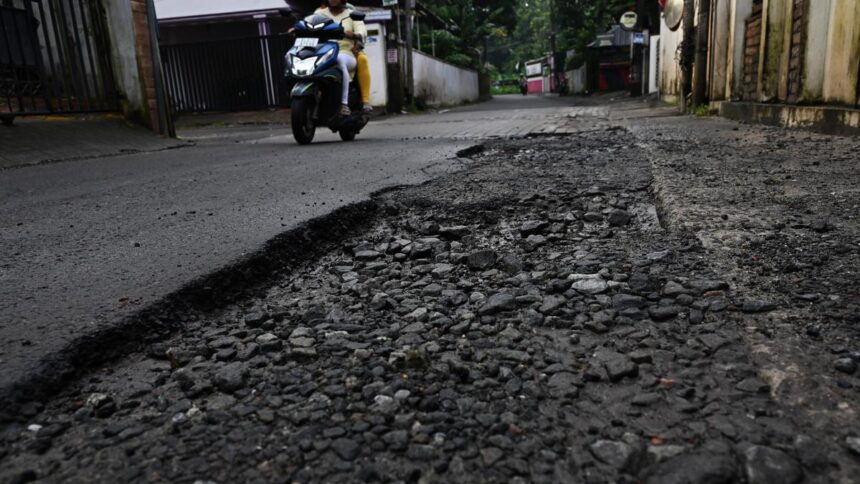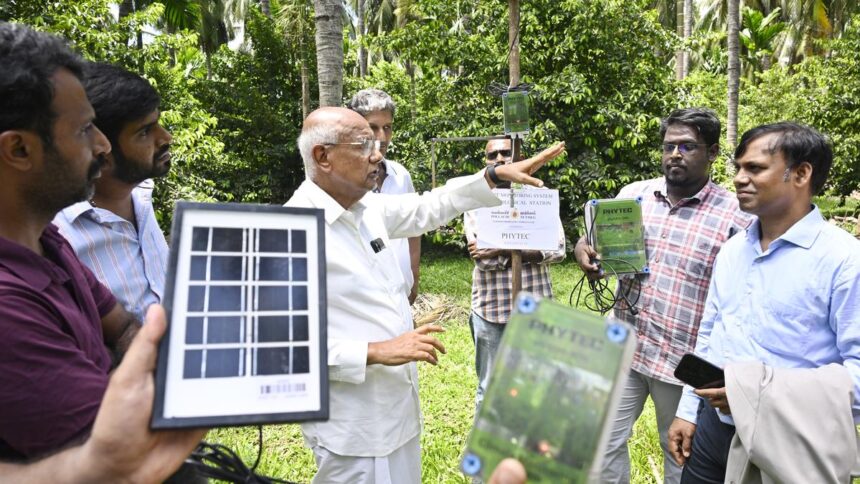
Fraudsters have weaponised the anonymity offered by such sites, using them as online ‘silk route’ to reach their targets.
| Photo Credit: The Hindu Graphics
Once popular as free classifieds to buy and sell goods, find jobs or rentals, platforms like Locanto have morphed into digital backstreets for organised prostitution, sextortion and financial frauds. Skokka, though positioned as an ‘adult classified’, has also become a hunting ground for traffickers and conmen, trapping users in prostitution rackets and sextortion scams.
Police say that fraudsters have weaponised the anonymity offered by such sites, using them as virtual ‘silk route’ to reach their targets. Those who seek services advertised on these platforms often end up cheated, extorted, or even criminally implicated themselves.
In August this year, Cyberabad police arrested nine people for running a prostitution ring from a luxury hotel in Madhapur. Investigators found that women were trafficked from across India and abroad, their profiles advertised on Locanto and Skokka before arranging encounters in city hotels and Oyo rooms. Among the victims were women from West Bengal, Delhi, Haryana, Punjab and Jharkhand, along with two foreign nationals from Uzbekistan and Turkmenistan.
The trend is not isolated. In December 2024, Hyderabad police raided a flat in Tarnaka where Ugandan nationals had set up a brothel, again advertised through Locanto. Just months earlier, in August 2024, 17 women – 14 from Kenya, two from Uganda and one from Tanzania – were rescued from a three-storey building in Kondapur where a network was operating across cities. The organiser, police said, had created entire categories on Locanto to showcase profiles, offering “escort services” to customers in Delhi, Mumbai, Bengaluru and Hyderabad.
“The platform may have lost its sheen with genuine users, but for racketeers, that decline has been an opportunity,” said a senior official from the Hyderabad police. “It has become fertile ground for prostitution networks and scams, because anonymity is guaranteed until we conduct a raid. By then, many more victims have already been trapped.”
Investigators say fraudsters exploit technical loopholes and international servers to stay ahead of enforcement. “They hide behind masked internet protocol (IP) addresses, servers based abroad, many routed through countries like Cyprus and others in the UK and VPNs, making it extremely difficult to trace them. This cloak of anonymity gives them confidence to operate almost fearlessly,” R.G. Siva Maruthi, ACP with cyber crimes wing of Hyderabad police explained, adding that advanced forensic tools needed to pierce such layers are still out of reach for local police.
“We have written repeatedly to Locanto, but they do not share original names, contact details or locations of their users. What they provide is just an ID, which is practically useless. We are then forced to rely on surveillance and ground intelligence to unearth these networks,” said a senior officer from the Task Force involved in the investigations.
“Any app can be misused, Locanto is just one example. But since it is not based in India, there is no clarity on how or on what legal grounds we can block or regulate it here. That gap has to be addressed urgently,” said an official from the Telangana Cyber Security Bureau (TGCSB).
Officials warned that the misuse is not confined to classifieds alone. Matrimonial portals and dating apps have also become hunting grounds for fraudsters, who set up fake profiles to lure victims into financial scams or honey traps. “At least 60% of the profiles on these platforms are fake, unverified and end in scams,” said an official.
Police say these cases point to a deeper challenge. Each time a racket is exposed, the networks reappear under new guises, leaving enforcement in a constant game of catch-up while accountability remains a blind spot.
The Hindu reached out for a comment from Locanto and Skokka and the story will be updated once they respond.
Published – September 04, 2025 08:44 am IST






















